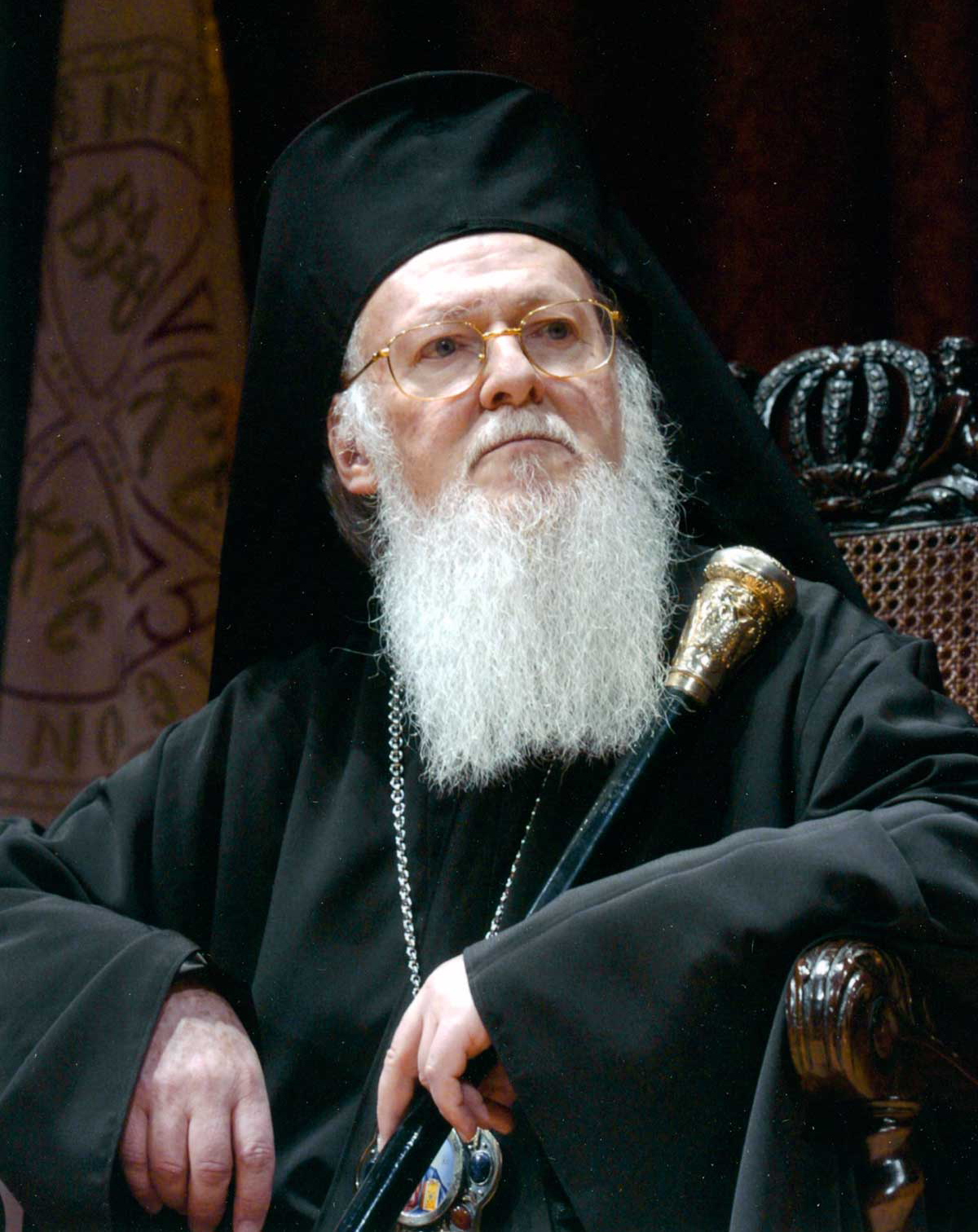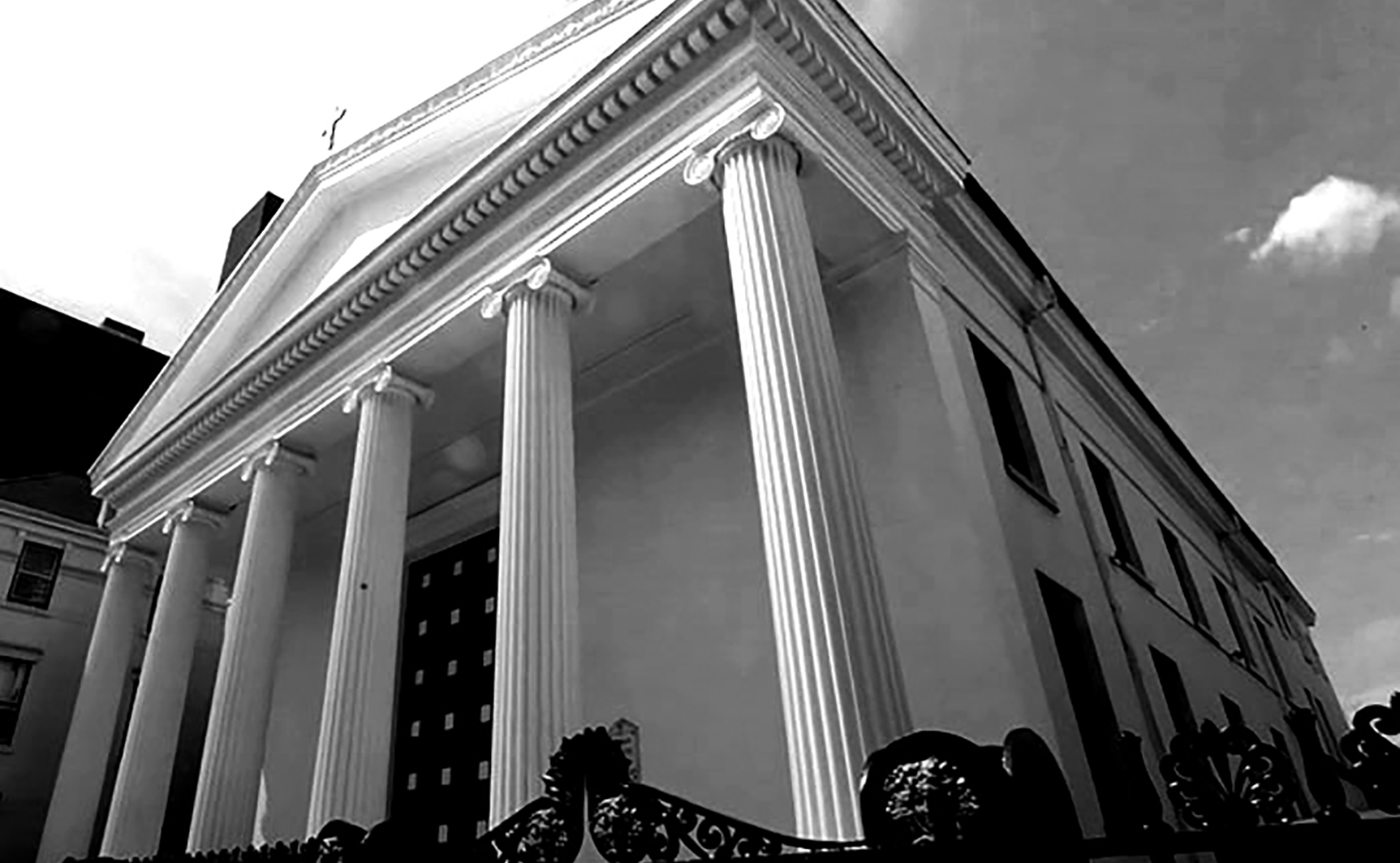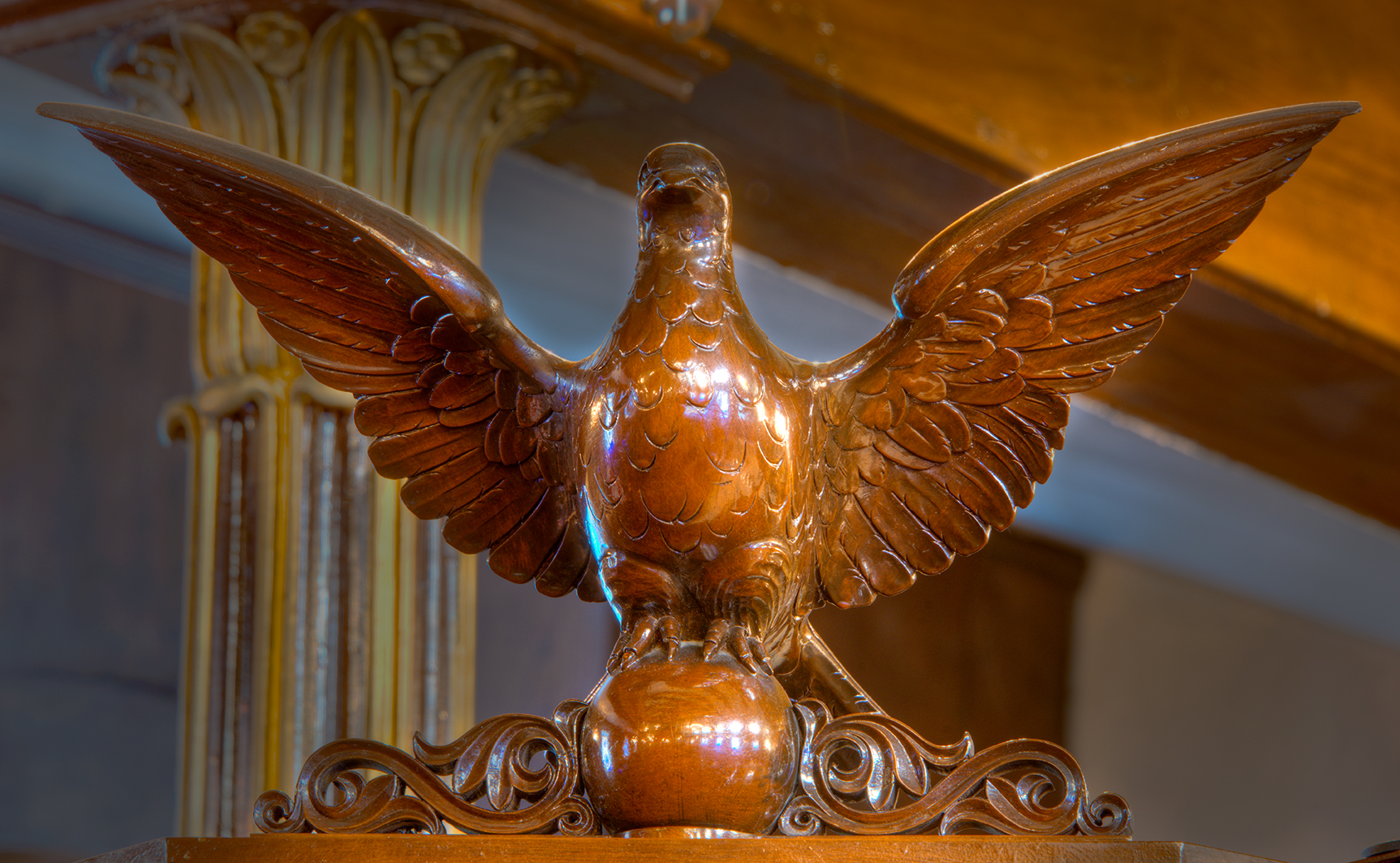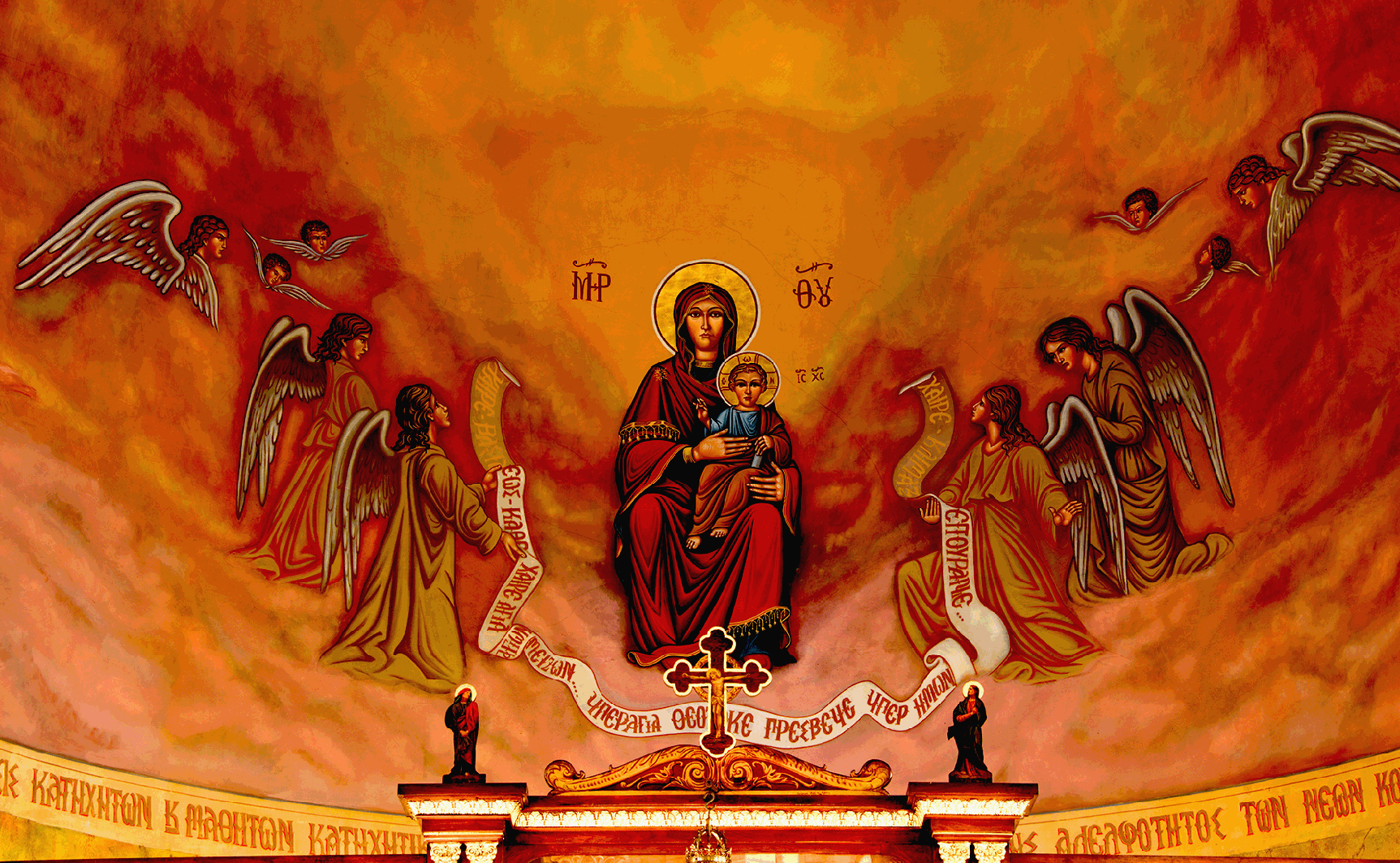

His All Holiness
Ecumenical Patriarch Bartholomew
His All Holiness Ecumenical Patriarch Bartholomew is the 270th successor to the Apostle Andrew and spiritual leader of 300 million Orthodox Christians worldwide. Since ascending the Ecumenical Throne on November 2nd, 1991, he has tirelessly pursued the vision of his enthronement message spiritual revival, Orthodox unity, Christian reconciliation, interfaith tolerance and coexistence, protection of the environment and a world united in peace, justice, solidarity and love.



